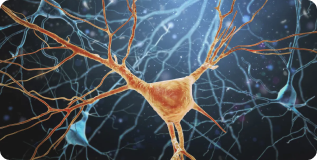Nurturing relief from nature
WeCan is a new, ethical clinic that bridges the gap between your medical practitioner, patients and natural alternatives.
Holistic care just got easier
Why wait for months when you can see one of our experts today?
Our alternative therapies may be beneficial in treating

Insomnia

Fibromyalgia

Epilepsy

Depression

Chronic Pain

Chemo-Induced Nausea

Cancer Pain

Autism

Anxiety
Holistic care just got easier
Why wait for months when you can see one of our experts today?
How it works
- Schedule
Schedule an online appointment
- Consultation
Consult with a WeCan specialist
- Delivery
Medication Delivered





